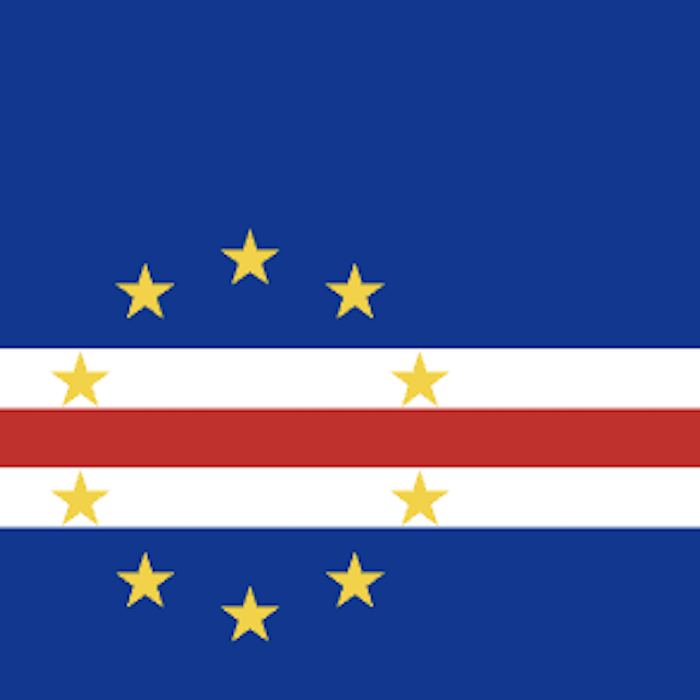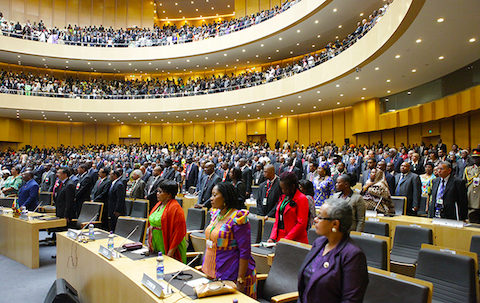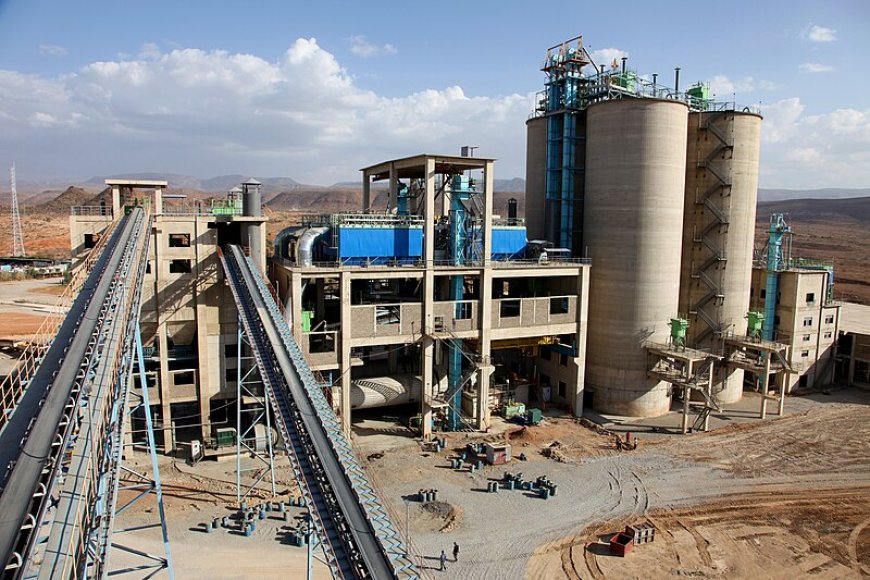Cabo Verde Unveils Finance Roadmap to Unlock Climate Investment


Quidah is an online platform that connects investors with curated opportunities and expert insights on Africa’s emerging markets, while offering businesses promotional services, partnership facilitation, and market intelligence to attract capital and grow their operations.
Industries
Cabo Verde has launched a Financial Strategy and Implementation Roadmap to expand access to climate finance and accelerate a shift toward a greener, more resilient economy, unveiled at the National Dialogue on External Financing and Climate-Resilient Sustainable Development in Praia. The initiative is backed by a joint United Nations project involving UNCTAD, the UN Economic Commission for Africa (ECA), and the UN Economic Commission for Latin America and the Caribbean (ECLAC).
The roadmap outlines instruments such as debt-for-climate swaps, issuance of green and blue bonds, and steps to position Cabo Verde as a sustainable finance hub.
The UN-backed program supports Small Island Developing States with innovative financing tools, with Cabo Verde among the beneficiaries alongside the Union of the Comoros, Belize, and Saint Vincent and the Grenadines.
Next steps include targeted technical assistance to implement priority actions in the roadmap and a regional virtual dialogue in November 2025 to share lessons and replication pathways.
Deputy Prime Minister and Finance Minister Olavo Correia urged decisive action, calling for innovative, collaborative approaches that balance macroeconomic stability with investment in green transformation, resilience, and social inclusion, framing national vulnerability as an opportunity.
UN Resident Coordinator Patrícia Portela de Souza hailed the process as a milestone on the country’s path to an inclusive, climate-resilient future guided by Ambição 2030 and related plans.
ECA’s Hopestone Kayiska Chavula highlighted Cabo Verde’s openness and forward-looking stance, noting the strategy combines macro diagnostics, climate risk analysis, and tools like green bonds, debt swaps, and sustainability-linked finance, while UNCTAD’s Daniela Magalhães Prates underscored the role of good governance in delivering results even in crisis.
The roadmap is intended to speed up access to climate finance, deepen investor confidence, and channel capital toward renewable energy, water security, coastal resilience, and social inclusion priorities.
By formalizing instruments and implementation steps, Cabo Verde aims to strengthen its credibility as a regional model for SIDS, mobilize blended finance at scale, and convert high-level dialogue into bankable projects.
Opportunities include developing a pipeline for green and blue bonds, structuring debt-for-climate swaps, and building investable projects in renewables, desalination, and the blue economy that meet international disclosure and taxonomy standards. Challenges center on institutional capacity, robust project preparation, data for climate risk pricing, and debt sustainability safeguards, while trends point to sustainability-linked instruments, SIDS-focused finance hubs, and greater use of blended finance and guarantees to crowd in private capital.


